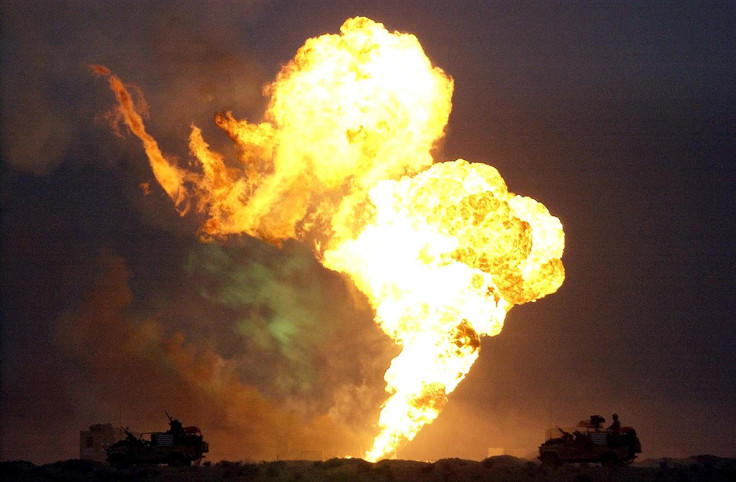Ministry of Defence confirms death of British soldier in Iraq
It reports that the soldier died in a 'non-combat-related incident'.
The Ministry of Defence (MoD) has confirmed that a British soldier attached to the Combined Joint Strike Force has died in the Taji area of Iraq. He did not die as a result of a combat-related incident. The soldier, who was serving with the 2nd Battalion the Duke of Lancaster's Regiment, has not been named, but his next of kin have been informed.
Earlier the Combined Joint Strike Force (CJSF) had confirmed the death of a soldier without stating the victim's nationality. Its statement said: "A Coalition service member was killed in a non-combat-related incident in Iraq, Jan. 2. The service member's name and the circumstances surrounding the death will be released at the discretion of the pertinent national authorities. The incident is under investigation."
The MoD has now confirmed that the soldier was British and says he died "not as a result of enemy activity". An investigation into the incident is underway.
An MoD spokesman was quoted by the Mail as saying: "It is with regret that the Ministry of Defence must announce the death of a soldier from the 2nd Battalion the Duke of Lancaster's Regiment. The death occurred in Taji, Iraq following an incident that is currently under investigation, but we can confirm that it was not as a result of enemy activity."
A number of British troops are in Iraq helping to train Iraqi troops to fight Islamic State. Some are stationed in a military camp in Taji. Up to 1,000 British troops are currently based in Iraq and neighbouring Syria, as well as an estimated 200 special forces.
Between the 2003 invasion and 2009, around 120,000 British troops and civilians served in Iraq, 179 of whom died. However, 2016 was the first year in almost five decades that not a single British soldier, sailor or airforce personnel was killed in active combat.
According to the Telegraph, the last year to pass without the loss of a serviceman or woman was 1968, shortly before the Troubles began in Northern Ireland.

© Copyright IBTimes 2025. All rights reserved.






















